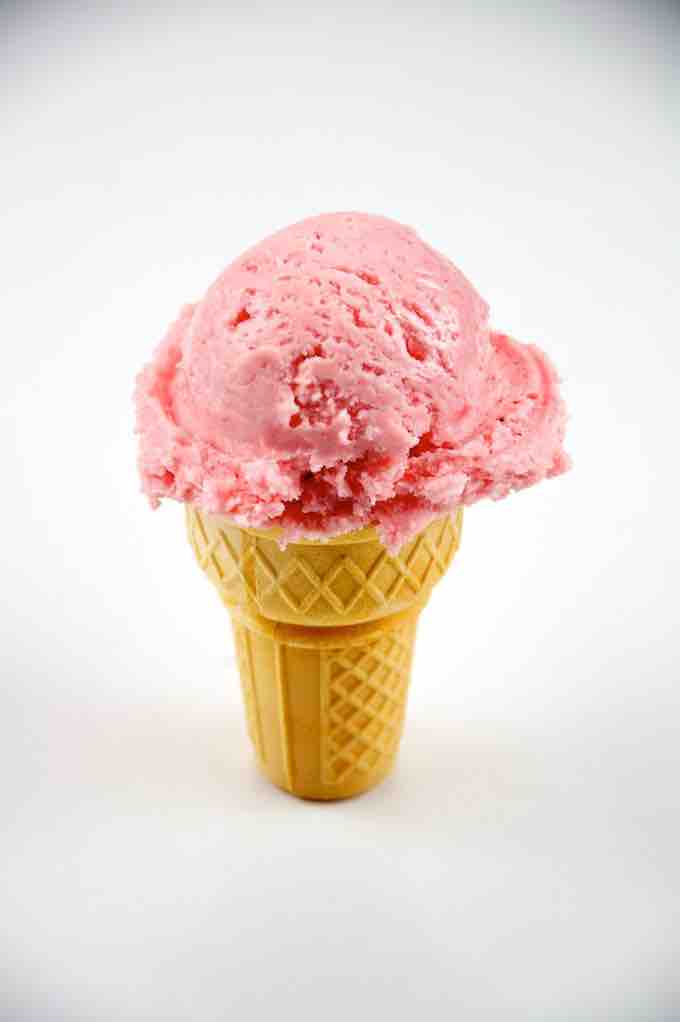In economics, a private good is defined as an asset that is both excludable and rivalrous. It is excludable in that it is possible to exercise private property rights over it, preventing those who have not paid from using the good or consuming its benefits. For example, person A may have the means and will to pay $20 for a t-shirt. Person B may not wish to pay $20 or may not be able to do so. Person B would not be able to purchase the t-shirt. Additionally, the private good is rivalrous in that its consumption by one person necessarily prevents consumption by another. When person A purchases and drinks a bottle of water, the same bottle of water is not available for person B to purchase and consume.
A private good is a scare economic resource, which causes competition for it. Generally, people have to pay to enjoy the benefits of a private good. Because people have to pay to obtain it, private goods are much less likely to encounter a free-rider problem than public goods. Thus, generally, the market will efficiently allocate resources to produce private goods.
In daily life, examples of private goods abound, including food, clothing, and most other goods that can be purchased in a store. Take an example of an ice cream cone . It is both excludable and rivalrous. It is possible to prevent someone from consuming the ice cream by simply refusing to sell it to them. Additionally, it can be consumed only once, so its consumption by one individual would definitely reduce others' ability to consume it.

Ice Cream Cone
An ice cream cone is an example of a private good. It is excludable and rival.